Struggling to get used to the brain injury recovery process? These 15 foods will hopefully make it that little bit easier.
A traumatic brain injury - whether it be from an accident, a fall, a stroke, or a surgery gone wrong - can have a number of negative effects on the body. That said, these effects can be negated or rehabilitated by your recovery process.You doctor is likely to prescribe physical and mental exercises to help you recover quicker. This way, your body can get used to moving and thinking as it once did. But, what if there were some home remedies you could try to speed up the process?
Taking your doctor’s advice is, of course, the most important element of your recovery process. That said, your diet and nutrition can play a huge part in how quickly it takes you to recover. To discover 15 foods to help your brain injury recovery move quicker, you came to the right place…
The Effects of a Mild Brain Injury on the Body
An acquired brain injury from an accident or medical trauma can put a real stopper on your life. It’s likely that you’ll remain in hospital for a while afterwards, and your life may revolve around retraining yourself to do everything you could do before. Walking, talking, eating, writing… they may all become challenges to overcome.
A severe brain injury is likely to cause irreparable damage to the body and mind. The sufferer’s personality might have changed, they may be unable to move or talk on their own ever again, or they may even end up in a coma. That said, for a milder injury, where it’s simply a case of retraining the body and mind, some of the symptoms might include:
- Slurred speech
- Memory loss
- Recurring headaches
- Poor attention span
- Reduced cognitive ability
- Dizziness
- Blurred vision
- Trouble sleeping
- Irritability, and other mood changes
- Seizures
- Loss of smell
- Nausea
- Light sensitivity
- Slow thought processes
- Confusion
15 Foods for Optimising Brain Health After a Brain Injury
Now that we know the sorts of brain injury symptoms you might be experiencing, it’s likely that your doctor will prescribe medication and exercises to counteract some of these issues. That said, there are some brilliant foods, herbs, and spices that can be added to your diet to boost your recovery. 15 of the best foods for the job include:
1. Green VegetablesIt’s thought that some of the best foods for the brain are ones that protect the blood vessels and heart. This is because improved blood flow to the brain keeps it functioning properly.
Green leafy vegetables, like kale and broccoli, are ideal for this, as they’re packed full of vitamin K. This helps the blood to clot and wounds to heal, so is directly associated with blood flow. Clearly, adding greenery into your diet is the place to start for your brain health.
2. NutsNuts are also a brilliant source of nutrition for those with brain issues. Specifically, researchers believe that the brain-shaped walnut is the best for the job. This is because they have a high concentration of DHA, which is an Omega-3 fatty acid known for boosting functional development in children. What’s more, it’s also thought to prevent cognitive decline as you get older too.
3. BerriesStrong scientific evidence emphasises berries as a great source of brain health, actually benefitting how the brain sends signals. In fact, studies show that they change the way neurons communicate, reducing inflammation and neuronal damage.
What’s more, their high antioxidant levels provide compounds that prevent damage to the brain. Ultimately, these positives improve motor control and cognitive speed. Some of the best berries for the job include blueberries, blackberries, strawberries, blackcurrants and mulberries.
4. Oily FishOily fish are also a really brilliant source of Omega-3, much like the trusty nut, found in the form of EPA and DHA. As we’ve seen, this is ideal for boosting brain development in children, especially if a pregnant mother consumes it for her foetus. So, the nutrients in oily fish are perfect for maintaining normal brain function and, therefore, gaining normal function post-brain injury.
5. TurmericAncient medicines, like turmeric and other spices, have been used as natural remedies for thousands of years. Despite some people scoffing at the thought of healing through natural ingredients, like this, the benefits can’t be ignored.
In fact, turmeric is thought to be a potential aid in avoiding the effects of Alzheimer’s! This is due to the curcumin within the spice, which can break up the build-up of protein plaques in the brain which cause the disease.
6. SeedsJust like nuts and fish, seeds contain Omega-3 which, as we know, is vital in maintaining brain health. What’s more, these sorts of foods contain a lot of protein, which is one of the key building blocks of the brain. So, nourishing your mind with protein-rich foods, like these, is paramount.
Some of the best seeds for the job include pumpkin seeds and sunflower seeds; perfect to add to your cereal, or even on the top of delicious cakes!
7. Dark ChocolateMuch like leafy greens, which help to boost blood flow to the brain, dark chocolate is thought to do something similar. Overall, it’s actually thought to protect the brain, improve cognitive function, memory, and focus, and boost your mood. All in moderation, though, as too much sugar can have the opposite effect.
8. EggsEggs are filled with a number of fantastic vitamins known for their brain-boosting effects. Specifically, vitamins B6 and B12 are used in the brain for signalling, as well as energy production and protein repairs.
To add to this, Choline is also found in eggs, which is a great mood regulator, sending positive signals throughout the brain. So, not only will eggs help you to be healthy, you’ll also be happy too.
8. WholegrainsWholegrains are filled with all sorts of goodness, and are recommended as part of any healthy diet. That said, alongside their many talents, wholegrains are known for having a really positive impact on cognitive function. This is because they contain the B-vitamins for signalling, and antioxidants to improve blood flow to the brain; an all-round winner.
10. SoySoy has become gold-dust during the age of veganism, but its benefits don’t stop there. In fact, a Sino-Japanese study showed that peptides within soy beans may have an influence on emotions. This, therefore, has a positive impact on brain function; a happy person is much more likely to think faster, and be more productive.
11. RosemaryAnother ancient herb, which was used to strengthen memory during the Ancient Greek times, is rosemary. A number of studies since have shown that this delicious and fragrant herb speeds up brain function and improves concentration and accuracy. Some even say that it may improve the lifestyle of those suffering from dementia.
12. SageOn a similar wavelength to rosemary, sage is known for its ability to improve brain function and memory across the board. What’s more, in higher doses it’s thought to improve mood which, as we’ve seen, can have a knock-on effect on productivity. Add this to your chicken dinner, and you’ve got a recipe for success!
13. SaffronMuch like our eggs, saffron is high in B-vitamins, which are known to boost signalling within the brain. It’s also been used to help treat the symptoms of neurological diseases, such as Alzheimer’s and Parkinson’s. Add to this its uses as an effective anti-depressant, and we’re bound for brilliance.
14. GingerGinger is thought to stop inflammation within the brain, which helps the cells to support neuron health and communication. This ensures everything works as it should do, and can reduce symptoms of depression. It may even help to stave off brain disorders further on down the line.
Although you might be wondering how you can sneak this into your diet, it’s definitely easier than you might first think. Not only can you make delicious fresh tea using slices of ginger, you can also add it to any Chinese cooking, and it’ll really add to the dish.
15. CaffeineAlthough caffeine has a bit of a bad reputation, we wanted to add this in here as a brilliant booster of brain function. This ingredient ultimately leads to more energy, an improved mood, and a more productive day. Just drink your usual cup of tea and coffee each morning and it should help you to remain alert and ready for the day.
Ready to Eat?
After weeks of rehabilitation and hospital food, I have no doubt you can’t wait to get home and try eating these healthy, nutritious and delicious foods. Not only are they great for promoting an all-round brilliant diet, who knows – they may boost your brain recovery along the way.
Be sure to contact your doctor before taking any vitamin supplements. Otherwise, have an explore on our site, and hopefully you can find something that’ll help you to boost your brain injury recovery. Let’s get healthy together!
Disclaimer:
Please be advised that this article is for general informational purposes only, and should not be used as a substitute for advice from a trained medical professional. Be sure to consult a medical professional or healthcare provider if you’re seeking medical or mental health advice, diagnoses, or treatment. We are not liable for risks or issues associated with using or acting upon the information on this site.


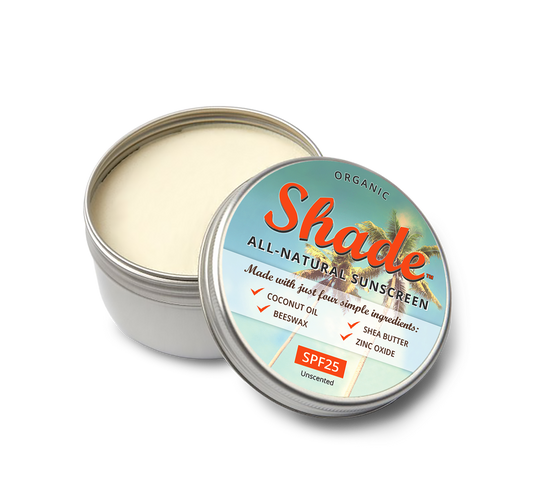



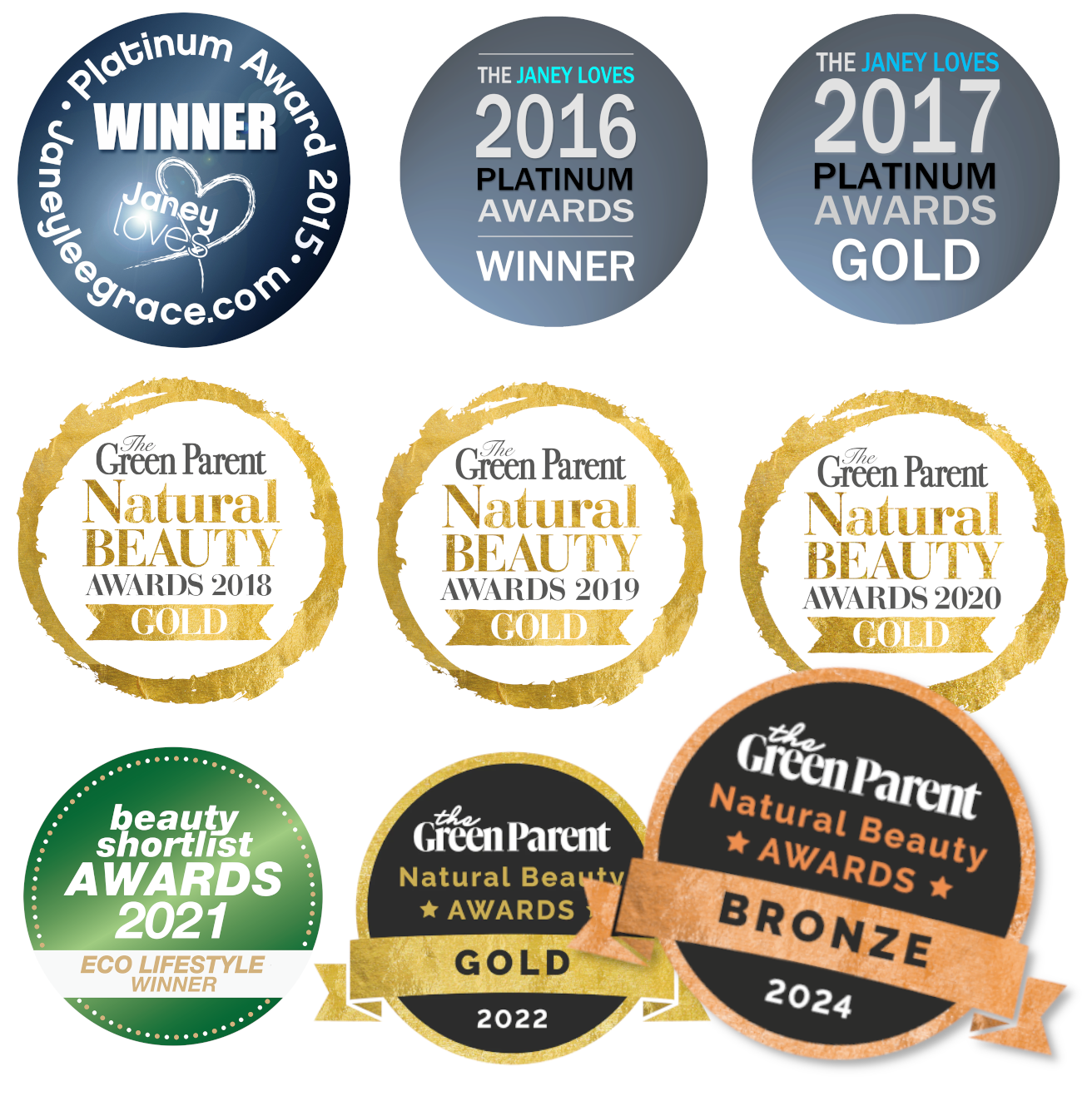
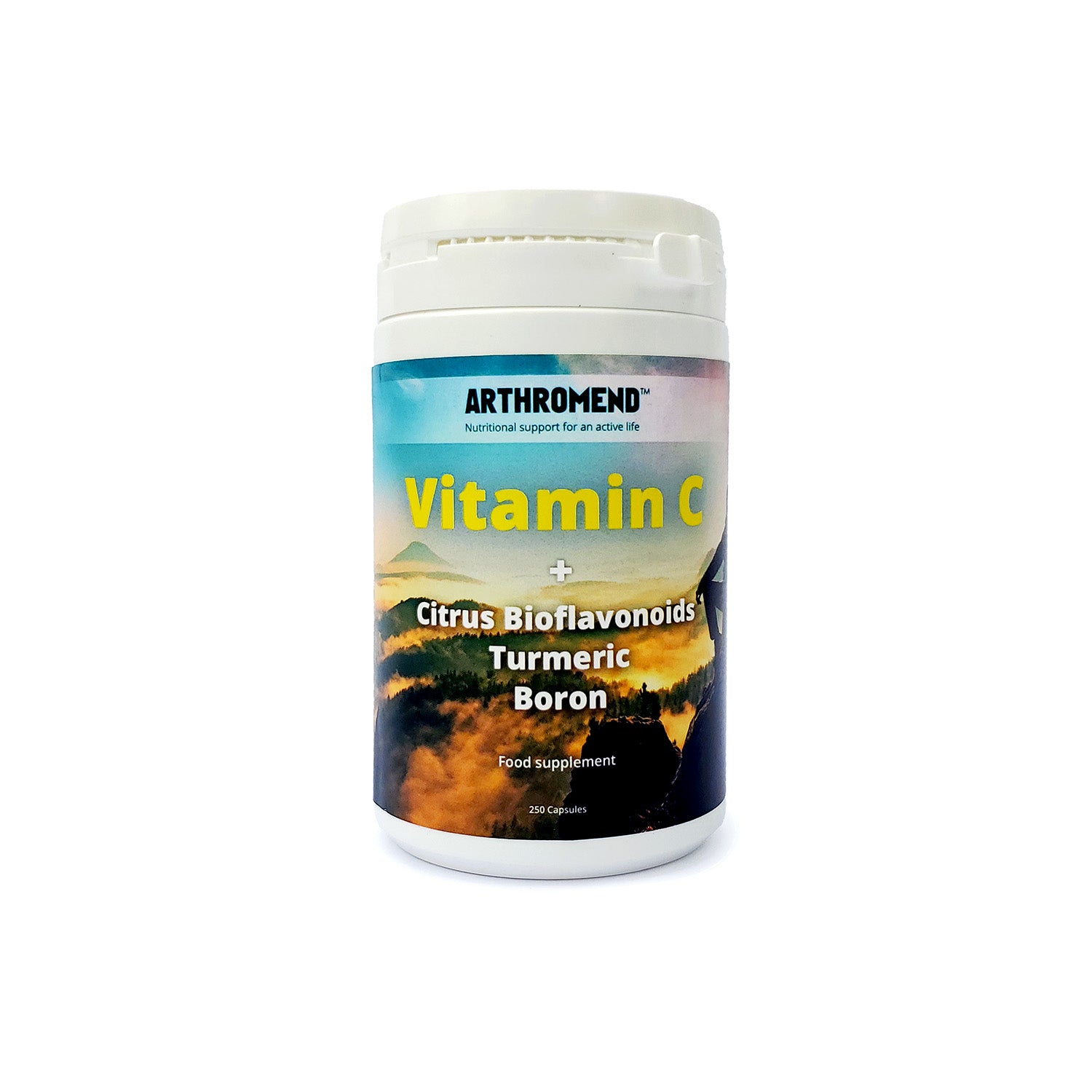
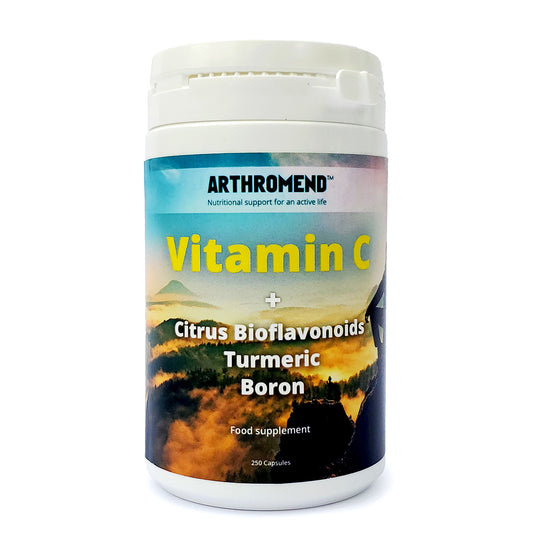
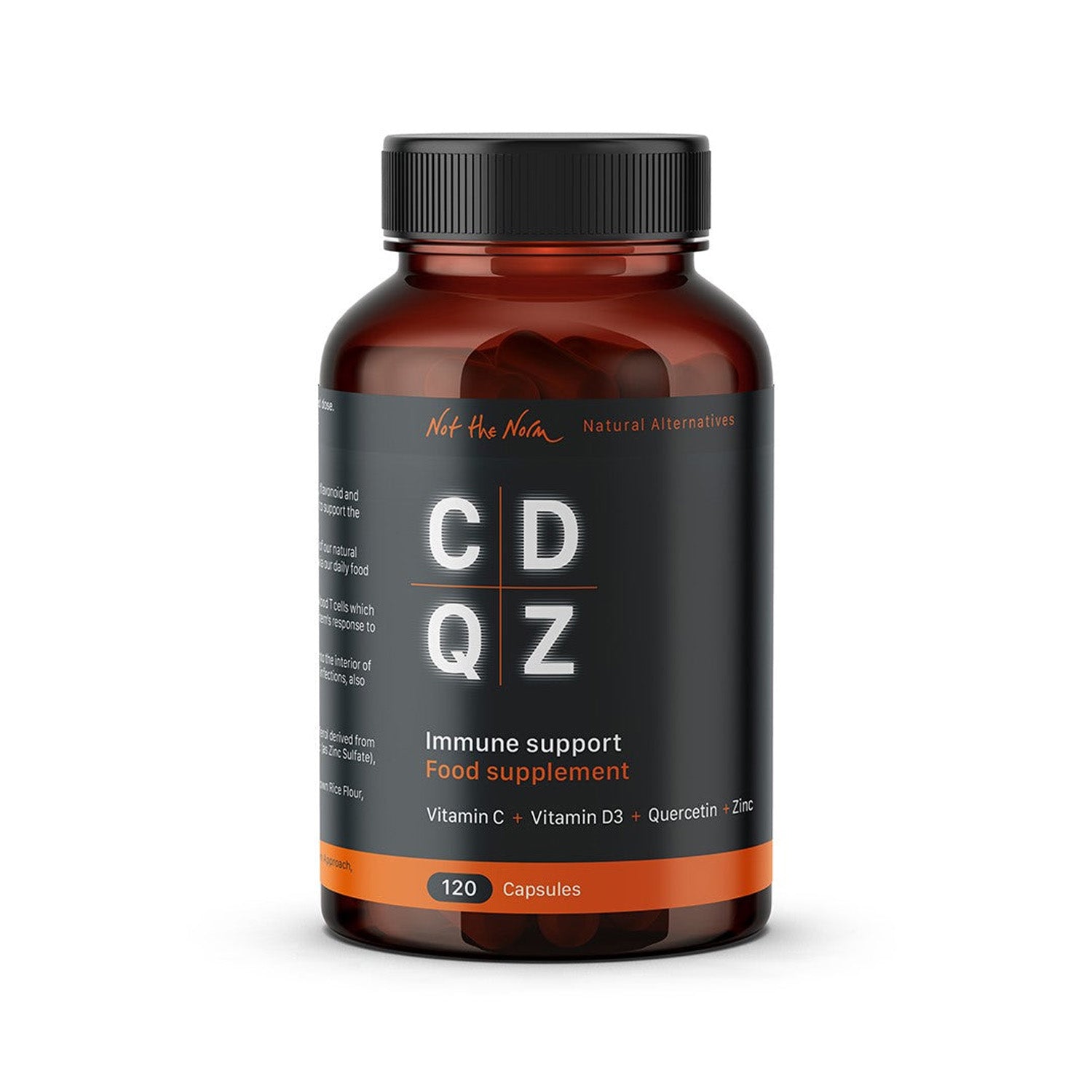
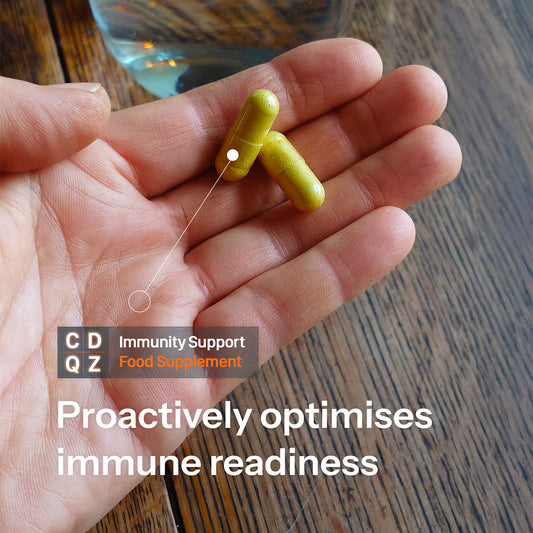
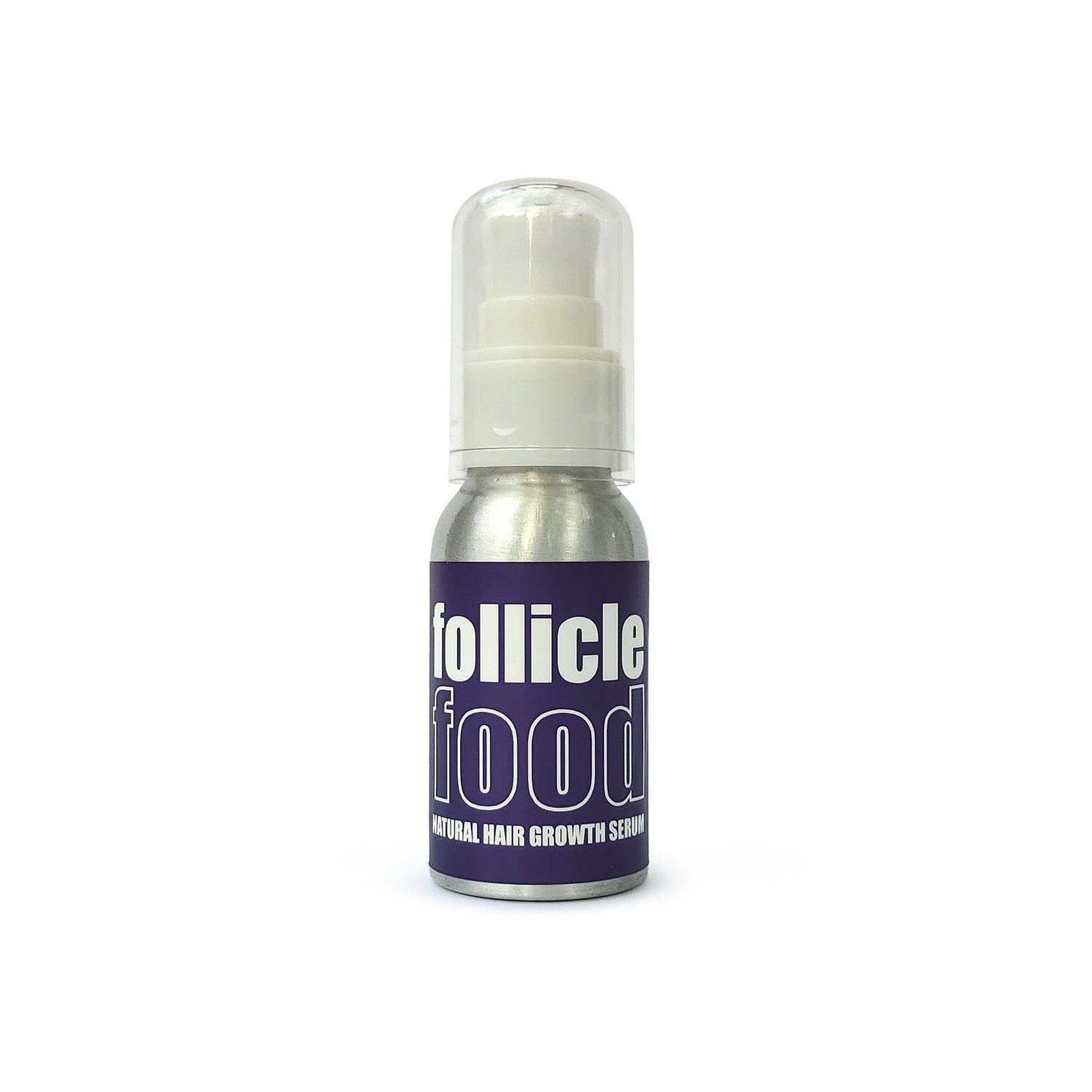
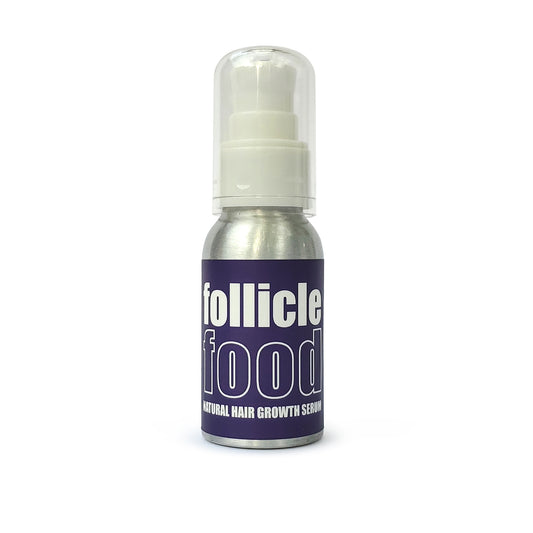
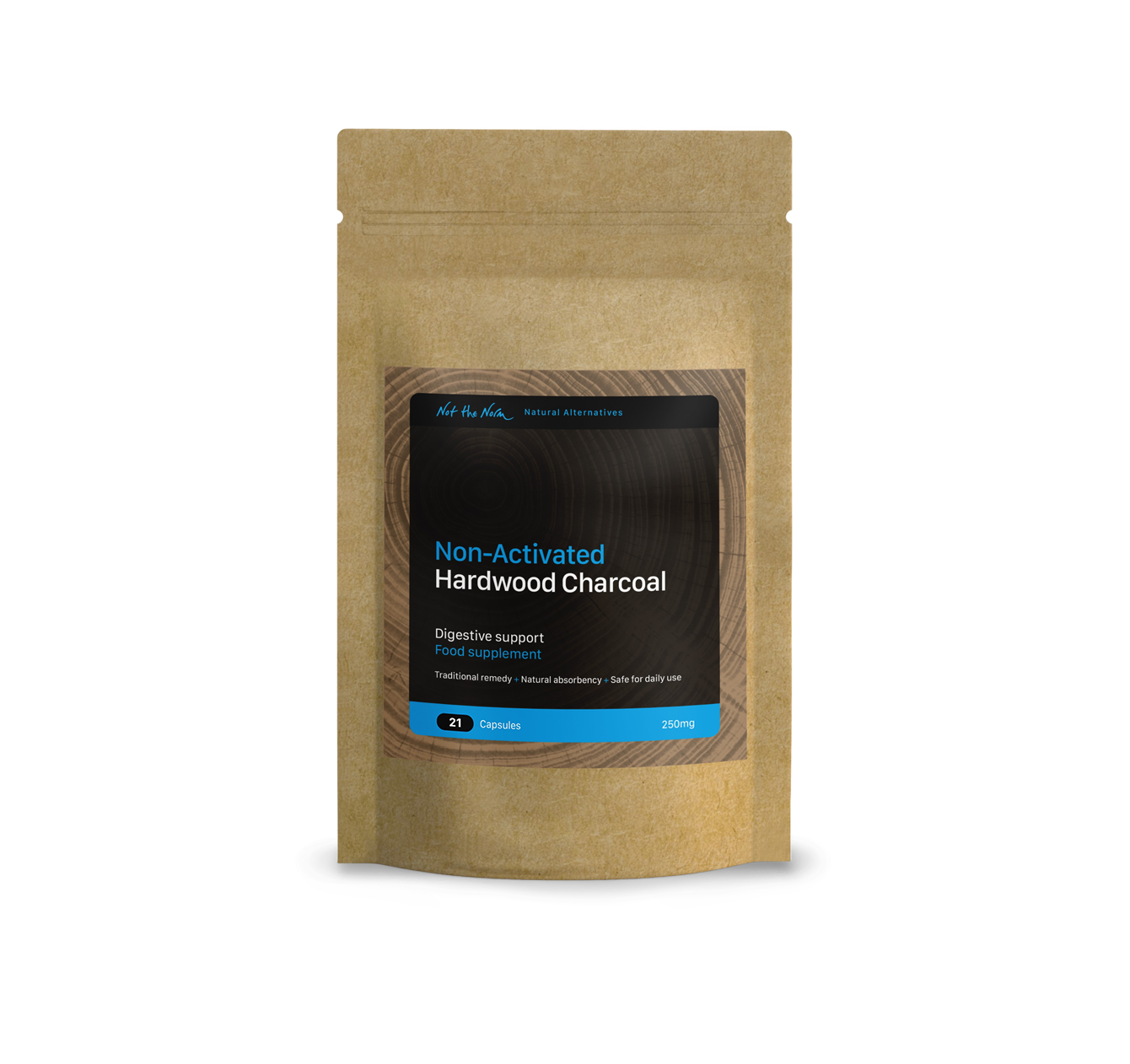
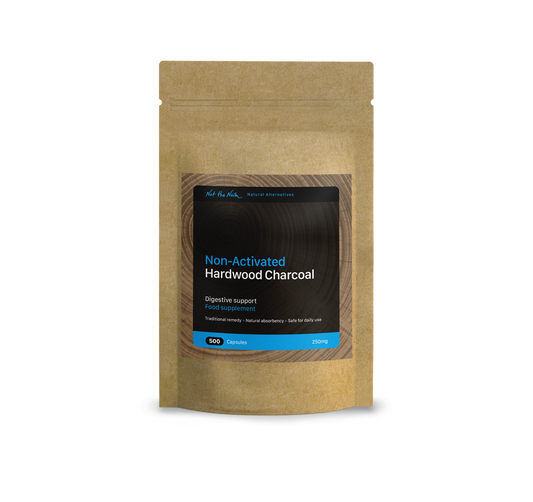
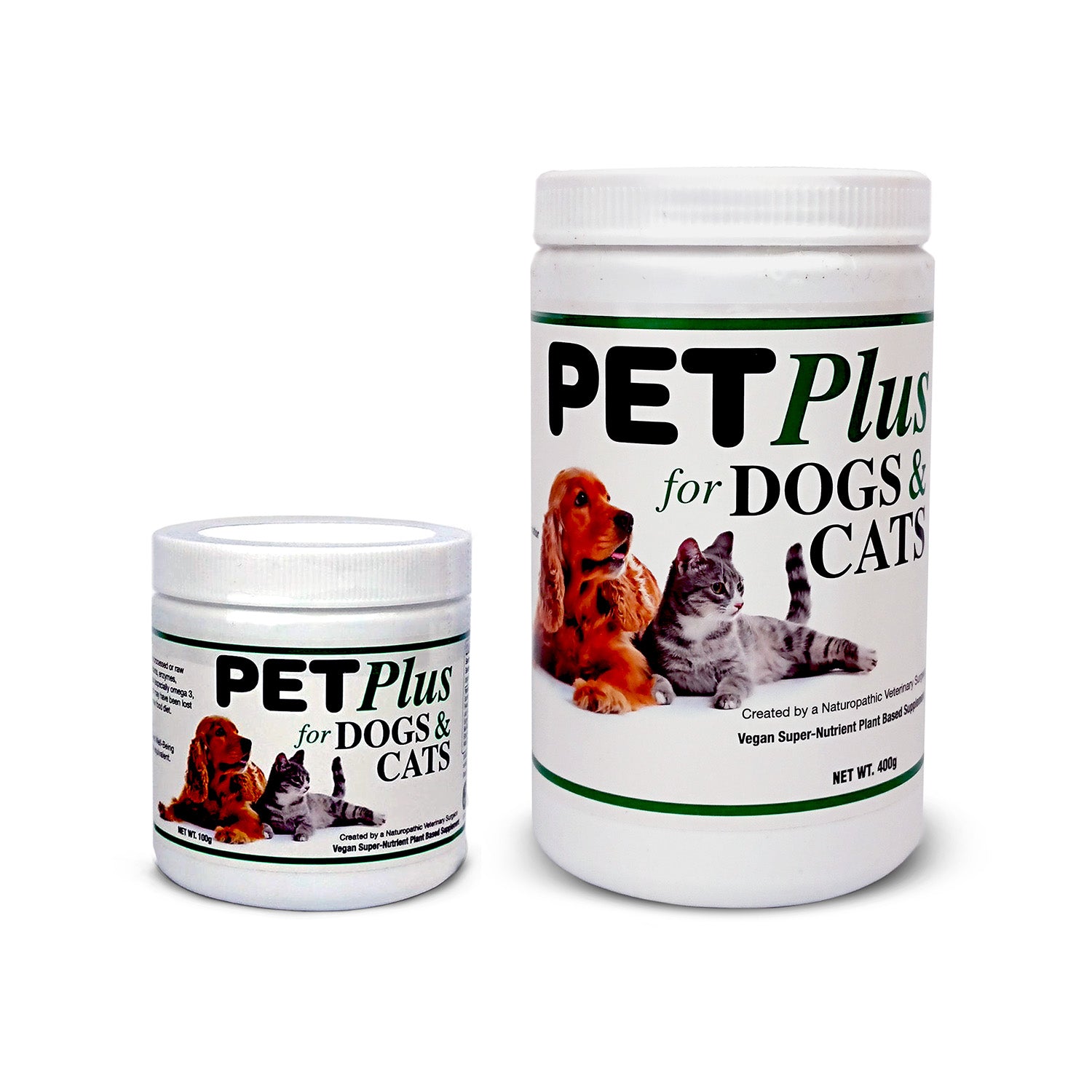


1 comment
Thank you, It’s very educational. Keep us informed! Bye.